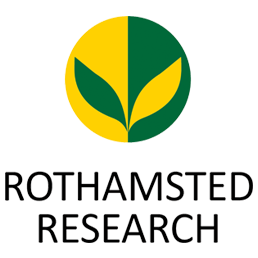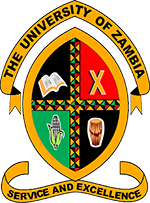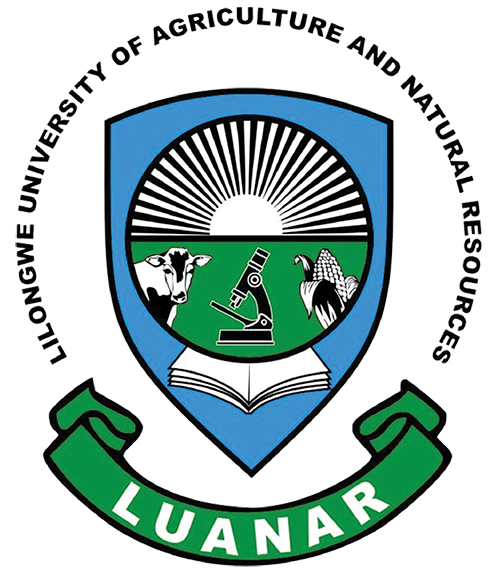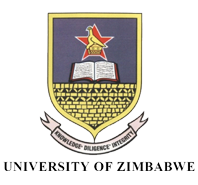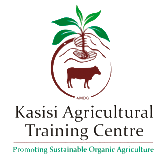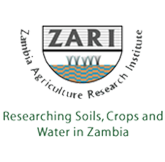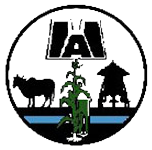Our vision is to develop a network of researchers in Africa and the UK, within institutional environments which are conducive for world class research, applying cutting-edge scientific methods to fill gaps in our understanding of the impacts of conservation agriculture practices on the water cycle in cultivated soils.
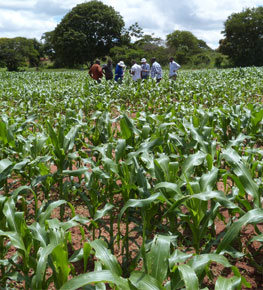
There is evidence that reduced tillage, returning crop residues to the soil (for protection and to increase its carbon status) and increased crop diversity can make cropping more resilient to dry conditions. This is known as conservation agriculture.
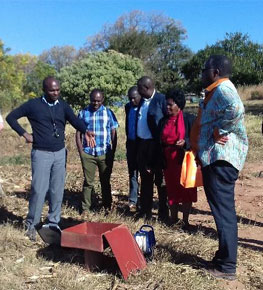
The Global Challenges Research Fund CEPHaS project is a joint undertaking between colleagues in Zambia, Zimbabwe, Malawi and the UK to strengthen our shared capacity to study how conservation agriculture practices affect the behaviour of water in soil-crop- groundwater systems.
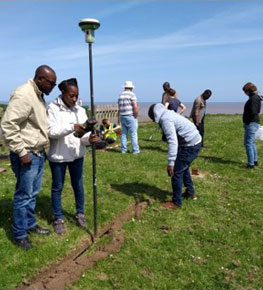
Our vision is to develop a network of African and UK researchers, within institutional environments that are conducive for world class research, applying cutting-edge scientific methods to fill knowledge gaps on the impacts of conservation agriculture practices on the water cycle in cultivated soils.
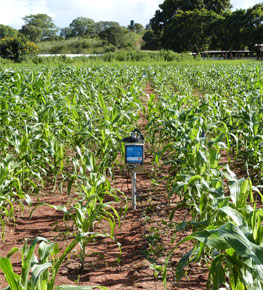
Using modern methods in soil physics and hydrogeology, we are examining soil and groundwater under CA experiments in Malawi, Zambia and Zimbabwe, and so develop our experience and capacity as a network to answer questions on behalf of farmers, their advisers and policy makers.
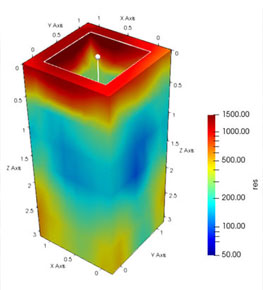
We have established new experiments at the University of Zambia’s Liempe Farm. We are working with established experiments in Malawi (Chitedze) and Zimbabwe (Domboshava) allowing us to examine long to medium term effects of CA practices, and to add value to these trials.
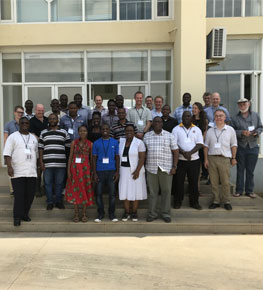
We are a team of soil scientists, agronomists, hydrogeologists, geophysicists, statisticians, agricultural economists and capacity developmental scientists from research institutions in Zimbabwe, Zambia, Malawi and the UK.
No 1 (Feb 2018) — About CEPHaS
No 2 (Jun 2018) — Recent activities in soil physics
No 3 (Nov 2018) — Recent activities in shallow geophysics
No 4 (Dec 2018) — Recent activities in Hydrogeology
No 5 (Jun 2019) — Recent activities in Capacity Strengthening
No 6 (Oct 2019) — Recent advances in statistics
No 7 (Feb 2020) — Recent advances in Farming Systems
No 8 (Apr 2020) — Our CA experiments in Zambia
No 9 (Apr 2020) — Our CA experiments in Malawi
No 10 (Mar 2020) — Our CA experiments in Zimbabwe
No 11 (Sept 2020) — What is Conservation Agriculture?
No 12 (Mar 2021) — Stakeholder engagement in the CEPHaS project
No 13 (Apr 2021) — Farming under climate change, is conservation agriculture a tool for both adaptation and mitigation?
No 14 (Sept 2021) — The potential impact of CA on the micronutrient content of food
No 15 (Mar 2022) — CA influences on soil organic carbon and aggregate stability
No 16 (Apr 2022) — Aquifer pumping tests at the CA agricultural experiments in the CEPHaS project
No 1 (Nov 2020) — Daniel Kalala - KATC
No 2 (Jan 2021) —Dr Ivy Ligowe - DARS
No 3 (Feb 2021) —Dr Matthew Mbanga - FfF Trust
No 4 (May 2021) —Dr Hambulo Ngoma - IAPRI
No 5 (May 2021) —Profs Emanoel Gomes de Moura and Alana das Chagas Ferreira Aguiar – UFMA
No 6 (July 2021) —Dr Christian Thierfelder - CIMMYT
No 7 (July 2021) —Mr Jerry Dlamini - UFSUV
No 8 (February 2022) —Dr Geoffrey Heinrich - CRS
No 9 (May 2022) —Ms Bernadette Malamba - RWA


CEPHaS is funded by Research Councils UK through its Global Challenges Research Fund programme.

